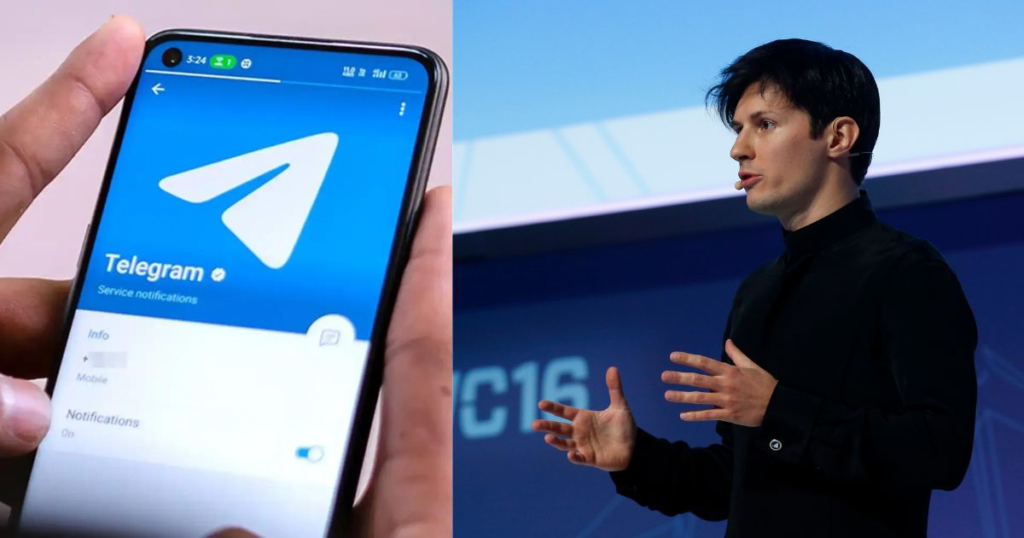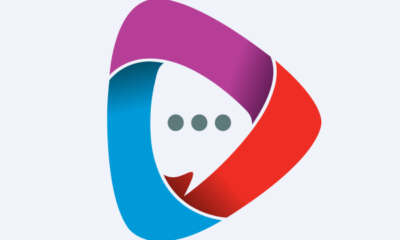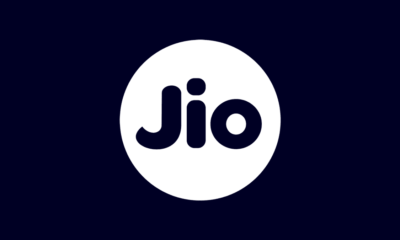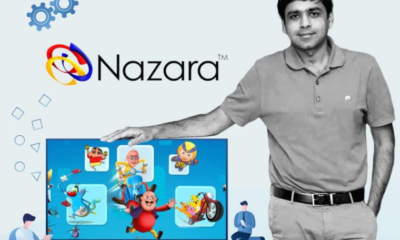tech
Spotify From Vision to Global Phenomenon

Today on toptalks : Daniel Ek’s journey with technology began early. As a child, he was captivated by the idea of improving existing tools and creating new ones. By 14, he was already building websites and honing his programming skills. This early start led him to set up a company with friends during high school, working on various projects that allowed him to gain valuable experience. However, alongside his passion for technology, music played a significant role in The Foundations of Spotify: Daniel Ek’s Vision
Technology was always in Daniel Ek’s blood. From a young age, he enjoyed improving existing tools, creating websites, and programming. At just 14, he was already building websites. Daniel quickly developed a passion for programming, leading him to start a company with his high school friends. Together, they worked on various projects, gaining valuable experience. But Daniel wasn’t just interested in technology—he also had a deep love for music, something that ran in his family.
Like many of his generation, Daniel consumed a lot of music, often using Napster to do so illegally. Napster had revolutionized the music world, but it eventually faced legal challenges and was forced to shut down. For Daniel, this was not just the end of an era but also the beginning of an opportunity. He realized there was a need for a legal platform that could provide unlimited music streaming. With this idea in mind, the foundations of Spotify were laid.
Meeting Martin Lorentzon: The Partnership That Changed Everything
While consolidating his position in the tech world, Daniel met Martin Lorentzon, the head of TradeDoubler. This meeting proved pivotal. Daniel shared his idea for a music streaming service with Martin—a platform where all the world’s music would be accessible. The concept was inspired by Napster but focused on legality. The service would be free with some paid options.
Martin and Daniel had different skills and personalities, but they complemented each other perfectly. Together, they decided to bring Spotify to life.
The Early Days of Spotify: Building a Legal Music Platform
In 2006, Daniel and Martin founded Spotify in Stockholm. The name “Spotify” is a blend of “Spotlight” and “Identify,” reflecting its function as a tool for finding music. However, building this platform wasn’t easy. Legal constraints were numerous, and it took two years for the founders to sign contracts with major labels like Universal Music Group, Warner, and Sony BMG.
By 2008, Spotify officially launched, offering both paid subscriptions and a free, invitation-only model. Unlike Napster, which was frowned upon by the music industry, Spotify provided a way for artists and labels to earn money through streaming. Although it wasn’t the first streaming platform, Spotify quickly grew to surpass its competitors in user numbers.
Breaking Into the U.S. Market: Spotify’s Big Break
Everything changed for Spotify in 2010 when the service became available in the United States. Facebook’s CEO, Mark Zuckerberg, played a crucial role in this success by promoting Spotify on his platform and forging a partnership between Facebook and Spotify. This partnership allowed users to connect directly to Spotify via Facebook, making the service more accessible.
The result was overwhelming. Within a year, Spotify had over a million users in the U.S. This milestone was significant, especially after years of operating at a loss. By 2012, Spotify had achieved global success with 20 million active users, including 5 million premium subscribers.
Innovations and Expansion: Spotify’s Continued Growth
Spotify continued to innovate, launching its “Discover Weekly” service in 2013. This feature allowed users to discover new artists every week, further enhancing Spotify’s appeal. In 2015, Spotify introduced its highly popular recommendation system, which remains one of the platform’s most praised features.
The company also expanded globally, entering markets in the Middle East and South Africa by 2018. That same year, Spotify went public and began investing in podcast platforms like Anchor FM and Gimlet Media, recognizing the growing importance of podcasts in listening habits.
Challenges and Future Prospects: Where Spotify Stands Today
Despite its success, Spotify has faced challenges. The company has been criticized for its remuneration of artists, and competition from rivals like Apple Music, YouTube Music, and Amazon Music continues to intensify. However, Spotify remains at the forefront of innovation. It recently announced plans for a “Super Premium” service with HD audio and AI-powered voice translation, which could revolutionize the audio content market.
As of April 2023, Spotify had over 500 million subscribers, but more users opted for the free version than the paid one. The company’s future will depend on how it adapts to the ever-evolving streaming landscape.
Business
Telegram CEO Pavel Durov Arrested in France Amid Inquiry into App’s Moderation Issues


today in toptalks According to recent reports, Pavel Durov, the founder and CEO of Telegram, was arrested in France on August 24, 2024. This arrest is part of an inquiry into the messaging app’s lack of moderators. Following the arrest, Russian officials at the French embassy demanded consular access for Durov and the protection of his rights. However, the embassy stated that France has “avoided engagement” with Durov’s situation so far.
Media reports suggest that the absence of moderators on Telegram allowed a wide range of criminal activities to thrive. As a result, Durov was arrested as part of a preliminary police investigation. In response, Telegram’s official account on X labeled it “absurd” to hold a platform or its owner responsible for abuse occurring on the app.
Addressing the matter on X, French President Emmanuel Macron emphasized that Durov’s arrest was not a “political decision.” Macron reiterated that “France is deeply committed to freedom of expression and communication.” However, he stressed that in a state governed by the rule of law, these freedoms are protected within legal frameworks, both online and offline, to safeguard citizens and their basic rights.
What is Telegram?
Telegram is a messaging app similar to WhatsApp, Signal, and iMessage, facilitating communication between users. For many, it serves as a platform for friendly conversation. However, Telegram offers more social networking features than its competitors. For instance, its broadcast “channels” allow users to “follow” particular accounts, and group chats can accommodate as many participants as desired.
These channels resemble Facebook groups or old-school online forums rather than typical instant messaging services. They enable followers to comment on posts and engage in discussions with one another.
Why is the Indian Government Considering Banning Telegram?
Telegram has over 5 million registered users in India, yet its future in the country is uncertain. The Indian government is considering banning the app due to its alleged involvement in extortion and gambling activities. The Centre launched an investigation to probe these allegations, and the outcome will determine whether the messaging app will be banned in India.
The Ministry of Home Affairs and the Ministry of Electronics and Information Technology are jointly investigating Telegram’s peer-to-peer communications. An official stated that the government is examining claims that the platform is being used for illegal activities, including gambling and extortion. Depending on the investigation’s results, the messaging service could face prohibition in India.
Telegram’s Role in the UGC-NEET Paper Leak
Telegram has previously faced criticism for facilitating the spread of false information and aiding criminal activities. Recently, the app came under fire during the UGC-NEET controversy, where leaks of the medical entrance exam paper were reportedly sold on the platform for INR 5,000 to INR 10,000.
Despite these challenges, Telegram maintains that it fully complies with Indian law. The company has appointed a chief compliance officer and a nodal officer and publishes compliance reports monthly. However, because Telegram lacks an office in India, the government has faced difficulties in engaging with the company.
In October 2023, the IT ministry sent letters to Telegram and other social media companies, requesting the removal of child sexual abuse material (CSAM) from their platforms.
-

 tech11 months ago
tech11 months agoHomes with AI with Luxelan
-

 inspiring11 months ago
inspiring11 months agoThe boy who made it founder of Zomato
-

 Business11 months ago
Business11 months agoTelegram CEO Pavel Durov Arrested in France Amid Inquiry into App’s Moderation Issues
-

 tech11 months ago
tech11 months agoIt’s okay to fall if you know how to get up : Meerah Rajavel
-

 Business11 months ago
Business11 months agoRs 10,000 crore company Route Mobile
-

 inspiring11 months ago
inspiring11 months agoprogrammer to a teach giant story of Paul Graham
-

 Business11 months ago
Business11 months agoIndia will no longer be the same again : Mukesh ambani
-

 tech11 months ago
tech11 months agoBlack Forest Labs Elon Musk’s unhinged AI image generator







